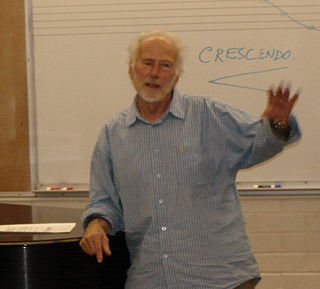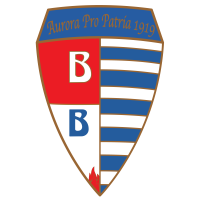This page is based on this
Wikipedia article Text is available under the
CC BY-SA 4.0 license; additional terms may apply.
Images, videos and audio are available under their respective licenses.

The Schutzstaffel was a major paramilitary organization under Adolf Hitler and the Nazi Party (NSDAP) in Nazi Germany, and later throughout German-occupied Europe during World War II. It began with a small guard unit known as the Saal-Schutz made up of NSDAP volunteers to provide security for party meetings in Munich. In 1925, Heinrich Himmler joined the unit, which had by then been reformed and given its final name. Under his direction (1929–45) it grew from a small paramilitary formation to one of the most powerful organizations in Nazi Germany. From 1929 until the regime's collapse in 1945, the SS was the foremost agency of security, surveillance, and terror within Germany and German-occupied Europe.
Patria Plc is a Finnish provider of defence, security and aviation life-cycle support services and technology solutions. Patria is owned 50.1% by the Finnish government and 49.9% by Kongsberg Defense & Aerospace following a deal in 2016. The total value of the company was 283.5 million euros when the transaction closed in the second quarter of 2016.

The Patria Pasi is a Finnish-made six-wheeled armoured personnel carrier (APC) originally designed for Finnish Defence Forces. The first version was produced in 1983 and serial production began in 1984. It was designed to operate with ease of use, simple structure and low-cost maintenance. The basic appearance and configuration of Patria Pasi is similar to most wheeled APCs. The XA-180 and XA-185 versions are fully amphibious while the XA-203 is not.

The Patria AMV is an 8×8 multi-role military vehicle produced by the Finnish defence industry company Patria.

Raymond Murray Schafer, is a Canadian composer, writer, music educator and environmentalist perhaps best known for his World Soundscape Project, concern for acoustic ecology, and his book The Tuning of the World (1977). He was notably the first recipient of the Jules Léger Prize in 1978.
The Pro Patria Union was a national conservative political party in Estonia. The party was founded on 2 December 1995 from a merger of the Estonian National Independence Party and the Pro Patria National Coalition.

Aurora Pro Patria 1919 is an Italian association football club, based in Busto Arsizio, Lombardy. They play in Serie C.

Pro Patria is a conservative political party in Estonia. It was founded on 4 June 2006 when two conservative parties, Pro Patria Union and Res Publica Party merged. Up to the 2007 parliamentary elections, the party held 32 seats out of 101 in the Riigikogu and one of Estonia's six seats in the European Parliament. The party is a member of the European People's Party (EPP). It has about 8,500 members. The merged party consisted of two separate boards and two party leaders, which was replaced by a unified board and leader in May 2007. The party's prime minister candidate was Mart Laar, who became a chairman of the party.
Antonio Aquilanti is an Italian footballer who currently plays for Sicula Leonzio.

The Teatro Santi Giovanni e Paolo was a theatre and opera house in Venice located on the Calle della Testa, and takes its name from the nearby Basilica of Santi Giovanni e Paolo, Venice. Built by the Grimani family in 1638, in its heyday it was considered the most beautiful and comfortable theatre in the city. The theatre played an important role in the development of opera and saw the premieres of several works by Francesco Cavalli, as well as Monteverdi's Il ritorno d'Ulisse in patria and L'incoronazione di Poppea.
Devis Nossa is an Italian footballer who plays for Serie C club Albissola.
Pro Patria National Coalition Party was an Estonian political party founded in 1992. In 1995 it merged, with the Estonian National Independence Party, into Pro Patria Union.
Mattia Giovanni Masiero is an Italian footballer.

The Pro Patria Medal is a South African military campaign medal which was instituted by the Republic in 1974. It was awarded to members of the South African Defence Force for service in an operational area, as designated by the Minister of Defence.
O Salvador da Pátria is a Brazilian telenovela produced and broadcast by Rede Globo. It premiered on 9 January and ended on 11 August 1989, with a total of 185 episodes. It's the fortieth "novela das oito" to be aired on the timeslot. It is created by Lauro César Muniz and directed by Gonzaga Blota.
Pátria Minha is a Brazilian telenovela produced and broadcast by Rede Globo. It premiered on 18 July 1994, replacing Fera Ferida and ended on 10 March 1995. It is created by Gilberto Braga and directed by Dennis Carvalho.










